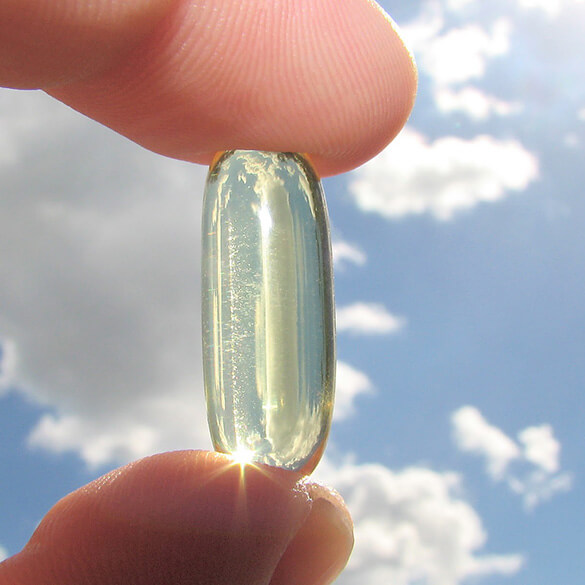Getting to Know the Omega Fatty Acids

You may have heard a lot of news recently about omega-3 and all its benefits. There is also omega-6 and omega-9. All three of these are also called fatty acids.
Omega-3 is a polyunsaturated fatty acid that contains DHA, EPA, and ALA which are essential (a fancy way of saying that the human body can not produce them on its own).
Omega-6 is also an essential polyunsaturated fatty acid but it is found in greater abundance in food and it's easier for us to obtain the necessary amounts.
Omega-9 can be produced by the body and so it does not have to be consumed either from foods or supplements. However, omega-9 is more abundant and it is also a saturated fat both of which can result in harm to our bodies if consumed in excess. Curiously, omega-9 production increases in our bodies when not enough omega-3 and omega-6 are consumed, but this can lead to ill health. Omega-9 should never be taken as a supplement unless there is a specific medical reason and it is prescribed by a physician.
Evidence suggests that the proper balance and amount of omega-3 and 6 can help with heart disease, diabetes, allergies, cancer, eczema, MS, and osteoporosis. These oils may also help against depression, bipolar disorder, ADHD, and even schizophrenia, all because of their positive effect on brain development and maintenance.
Omega-3 is vital for proper cell development, growth, and maintenance, especially for brain cells.
Sources of omega-3 include:
- Fish oil
- Krill
- Flax seeds (must be ground to be absorbed by the body)
- Black pepper
- Nuts such as walnuts, pecan, and hazelnuts
- Some eggs labelled as omega-3
- Leafy green vegetables such as lettuce, broccoli, and spinach
- Citrus fruit
- Legumes such as kidney beans, lima beans, and split peas
It is also important to note that omega-6 will interfere with the health benefits of omega-3 and the optimal ratio is 4(O-6):1(O-3).
The recommended amount of omega-3 for adult is 1000-2000 mg of per day or about 2-4 capsules of fish oil. If supplementation is via flax seed pills, which contain less per pill, more pills are recommended. It is always recommended that you speak to your physician before taking such supplements, especially if you have any medical conditions, as some side effects may occur.
A simple blood test can determine if a deficiency does exist. However, a diet that is mostly plant based (fruits, vegetables, and nuts), with fish 2-3 times per week, should supply the essential omegas in proper ratios.




Leave a Reply